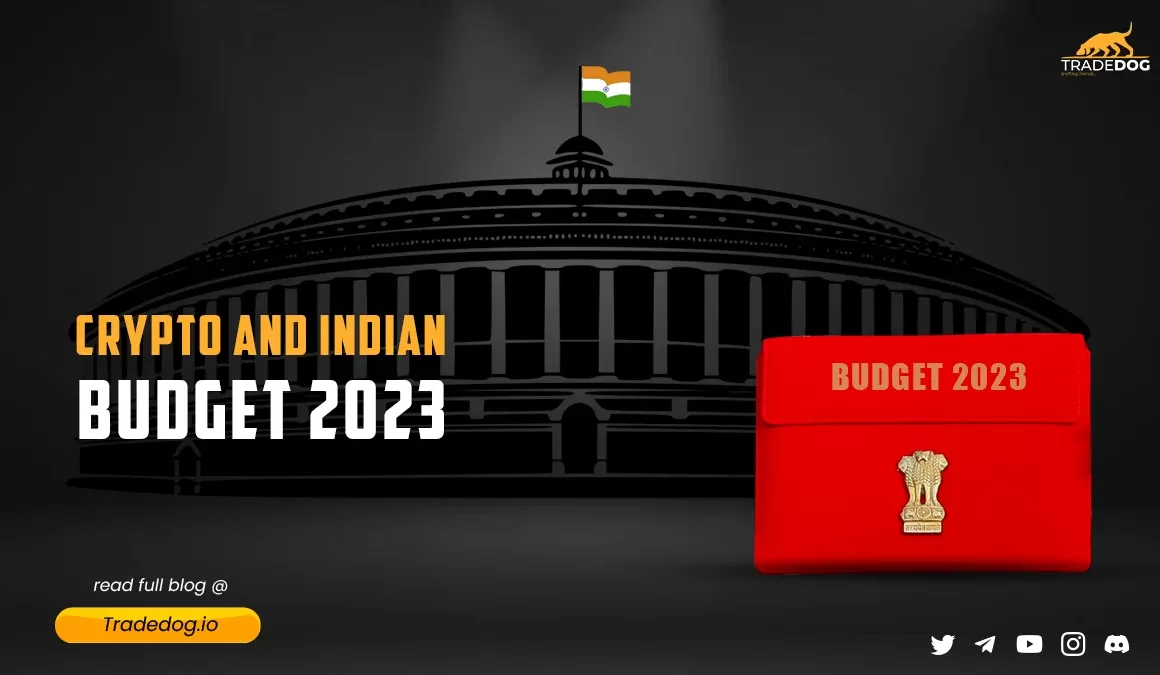Quick Links
In the past year, the financial authorities of India instituted a 30% tax on crypto profits and a 1% tax deducted at the source (TDS) on all crypto-related transactions. This blew away service providers, including crypto exchanges and retail investors. Imagine earning INR 10,000 on a crypto trade and paying INR 3,000 in tax. This led to a cascading effect on the trading volume of Indian exchanges, disrupting prominent players like WazirX, CoinDCX, and CoinSwitch to their roots.
Here are some figures which can help to understand the magnitude of damage faced by the crypto community of India:
- India’s overall crypto trading volume was around $4.73 billion in January 2022. By October, it tanked to $137.6 million.
- The tax structure was announced on February 1st, 2022, and came into effect on April 1st. Since then, around $3.85 billion volume fled to foreign crypto exchanges, comprising approximately 80% of the total trade volume at that time.
- The 1% TDS was implemented for all transactions exceeding INR 10,000 (around $120). Following the implementation, Indian crypto exchanges lost 81% of their volume in just a span of 4 months.
Indian Crypto Community Expectations
According to a recent analysis by the Delhi-based Esya Centre, India’s existing tax structure might result in a staggering loss of INR 99.83 Lakh crore of local exchange trade volume by 2027. The Indian crypto community has urged the government to reconsider the current tax structure and regulation to make cryptocurrency investment more appealing and feasible for retail investors. The Bharat Web3 Association, a policy body representing the Indian crypto industry, shared these demands with the government during a presentation.
Considering other jurisdictions, especially the U.S., there have been restrictions for the industry but not in a manner that could harm the adoption pace. Most regulations put forward by them are focused on safeguarding the investor interests, which aims to increase investor confidence and trust in the industry.
In addition to providing a secure environment, favourable legislation would help India get closer to capturing a larger portion of the worldwide crypto investment market. Given the country’s enormous potential to become a key participant in the industry, favourable policies are required to motivate international and domestic investors to engage in cryptocurrency ventures. Therefore, the expectations for clarity on taxation and regulatory matters were high in the Union Budget this year.
Expectations Turned into Disappointment for Indian Crypto Community
In the Union Budget 2023, the restrictive tax rules remained unchanged. Moreover, Finance Minister Nirmala Sitharaman did not mention crypto, virtual digital assets, blockchain, or CBDCs while unveiling the budget. This suggests that service providers in the form of local crypto exchanges have to be in survival mode for a year from now.
In an interview, Rajagopal Menon, Vice President, WazirX, mentioned that the exchange switched to survival mode in the past year through painful restructuring and managing their finances on a very micro level. This also includes a complete halt on hirings unless desperately required. He further mentioned that existing players in the industry, including WazirX, managed to ensure reserves for operations through the adoption boom in 2021. However, it’s becoming difficult for relatively new exchanges and service providers to survive in such conditions.
Why does India’s Crypto Tax Structure Remain Unchanged?
Various policy experts of India commented before the Union Budget session that the tax structure would remain unchanged as the nation has other priorities. But the major view came from Indian Prime Minister Narendra Modi, who stated that crypto regulations could not succeed without global coordination. When India assumed the G20 presidency, Sitharaman said determining how to regulate cryptocurrency would be one of India’s priorities.
“How can India propose modifications or new rules when it has publicly stated the need for international cooperation that it is discussing at ongoing G-20 meetings that will only conclude in September?” a person familiar with India’s G-20 work asked.
Since early last year, India has kept a cryptocurrency bill in cold storage.









